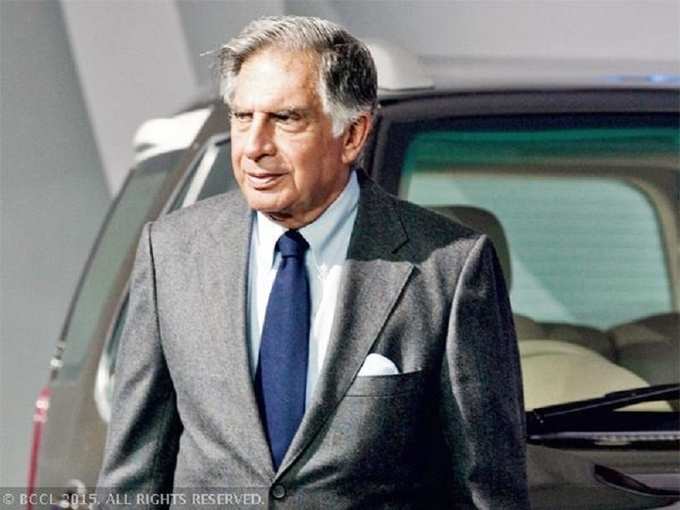
Tata’s return also marks the return of “the family” to the conglomerate who has thus far had only two non ¬Tata heads. “The Tata’s decision shows that the leadership selection was done poorly but the board has taken a bold step by accepting that there is a problem and making a change to reduce damage instead of justifying their decision,” said Kavil Ramachandran, Executive Director, Thomas Schmidheiny Centre for Family Enterprise at ISB. Ramachandran points out that Ratan Tata had made drastic changes when he took over and handpicked people to lead the different companies, which made it easier for him to take the team along and expand the group. Mistry, despite having the top job at the $100 billion salt¬ to¬ software conglomerate for four years was still seen as an “outsider”.
While Murthy had retired and decided to be only a mentor to Infosys, Tata continued to play an important role as chairman of The Tata Trust, the largest shareholder of Tata Sons. Executives from the group and industry players talk in hushed tones about Tata not “letting go of control” and increasingly playing an active role in various Tata companies. The unceremonious dismissal of Mistry is also believed to be a result of Tata Sons not approving of his style of working.